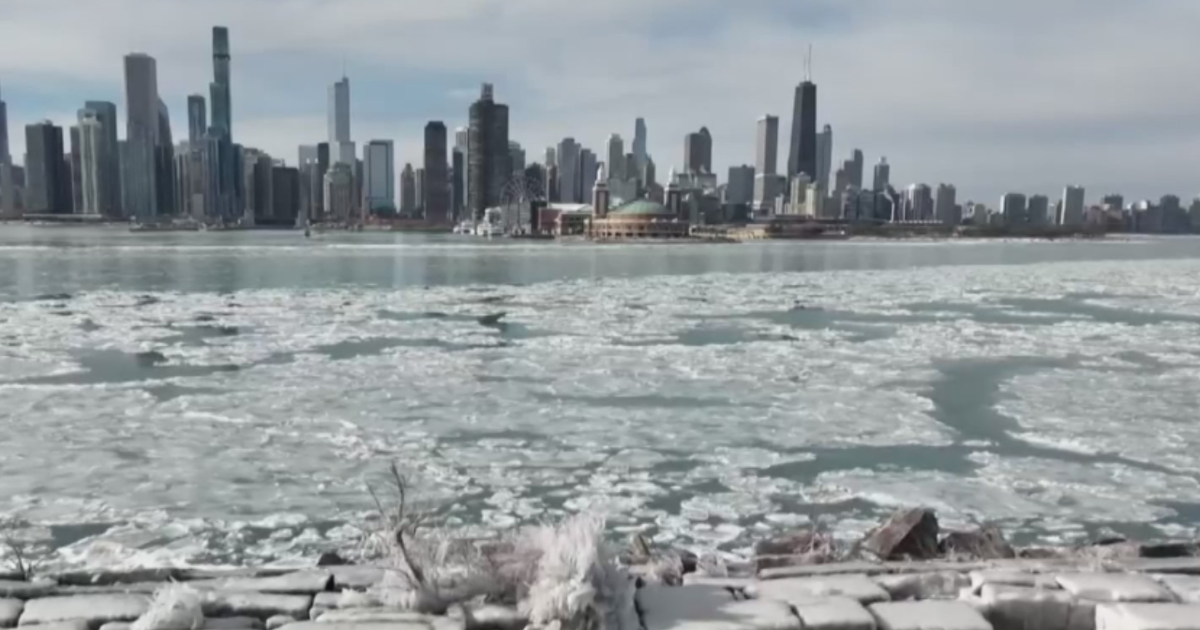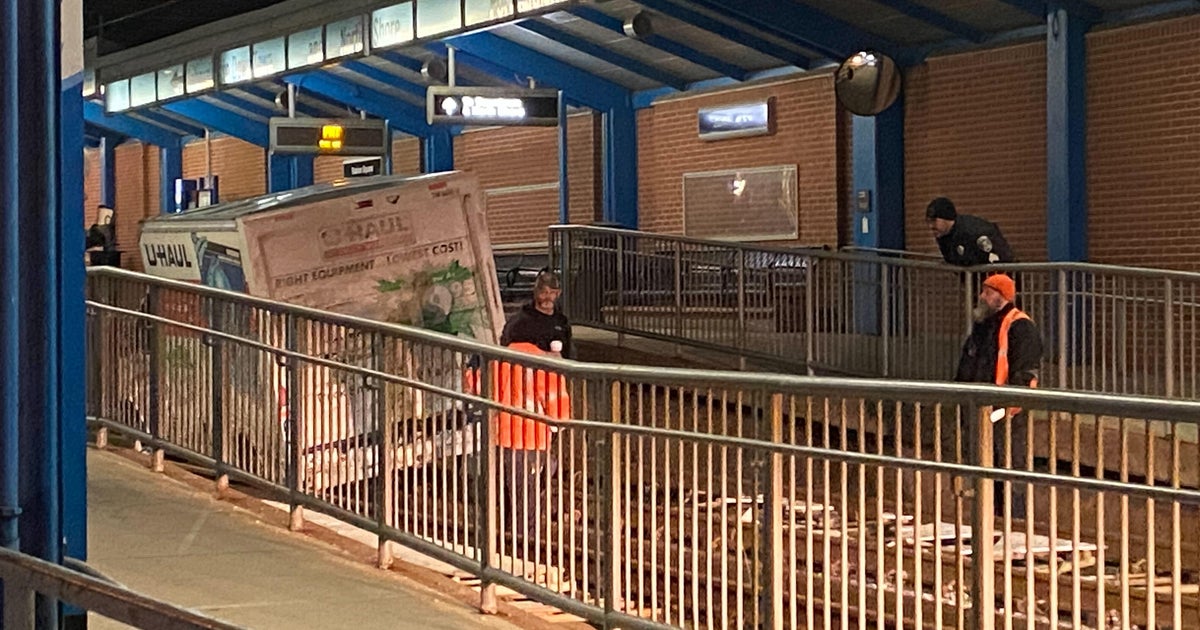Environmental officials insist air quality in East Palestine remains normal
Environmental officials said Sunday that residential and outdoor air quality levels in East Palestine, Ohio, remained normal, just days after a town hall where frustrated residents and activists continued to demand answers on what chemicals they have been exposed to after the toxic train derailment earlier this month.
During a news conference on Sunday, Debra Shore, a regional administrator with the Environmental Protection Agency, gave a series of updates, announcing that to date the agency has conducted 578 home re-entry screenings and is continuing air monitoring from 15 stations within the community. Shore said that so far there have been no reported "exceedances" for residential air quality standards and that outdoor air quality remains normal.
Shore also announced that the agency had more identified EPA facilities that will be able to accept some of the contaminated waste removed from the area. Shore said Norfolk Southern will be able to resume shipments of the waste starting Monday after the company was ordered to pause shipments on Saturday.
Shore said the agency is working to identify additional disposal facilities. Right now some of the liquid waste will be sent to a facility in Vickery, Ohio, to be disposed of in an underground injection well, Shore said, and starting Monday morning Norfolk Southern will begin shipping solid waste to an incinerator in East Liverpool, Ohio.
"All of this is great news for people of East Palestine and the surrounding community," Shore told reporters. "Because it means the cleanup can continue at a rapid pace. As I said yesterday, we owe it to East Palestine and residents nearby to move waste out of the community as quickly as possible and that's exactly what we're working to do."
Ohio EPA director Anne Vogel said the cleanup on the site of the derailment continues to go "smoothly," and that all the railcars, except for the cars being held by the National Transportation Safety Board, have been removed from the site.
Vogel said officials can now excavate additional contaminated soil and install monitoring wells to determine whether there is contamination to ground water. "This is critically important to the mission of the Ohio EPA to ensure the health of the residents of East Palestine and the environment here," Vogel said.
Officials also announced that the EPA and other responding agencies will be hosting an open house later this week where residents can get questions answered.
The news conference on Sunday followed a town hall in East Palestine on Friday night where environmental advocate Erin Brockovich demanded answers from state and federal authorities.
"They're worried because they've got coughs and respiratory problems," Brockovich told CBS News Friday. "There's so many unanswered questions, and they know this isn't the last of this conversation."
On Feb. 3., about 50 cars derailed in East Palestine on a train traveling from Madison, Illinois, to Conway, Pennsylvania, rail operator Norfolk Southern said. No injuries were reported.
First responders found that one of the train cars was releasing vinyl chloride, NTSB member Michael Graham said at a press conference. Vinyl chloride is used to make the polyvinyl chloride hard plastic resin used in a variety of plastic products, including pipes, wires and packaging materials.
Days later, officials warned residents to evacuate so crews could release toxic chemicals into the air from five derailed tanker cars that were in danger of exploding. Vinyl chloride was slowly released from five rail cars into a trough that was then ignited, creating a large plume of smoke above the village of East Palestine.
Since the evacuation order was lifted in early February, federal and state officials have repeatedly said it's safe for evacuated residents to return to the area and that air testing in the town and inside hundreds of homes was not showing any concerning levels of contaminants. The state says the local municipal drinking water system is safe, and has made bottled water available while testing is conducted for those with private wells.







